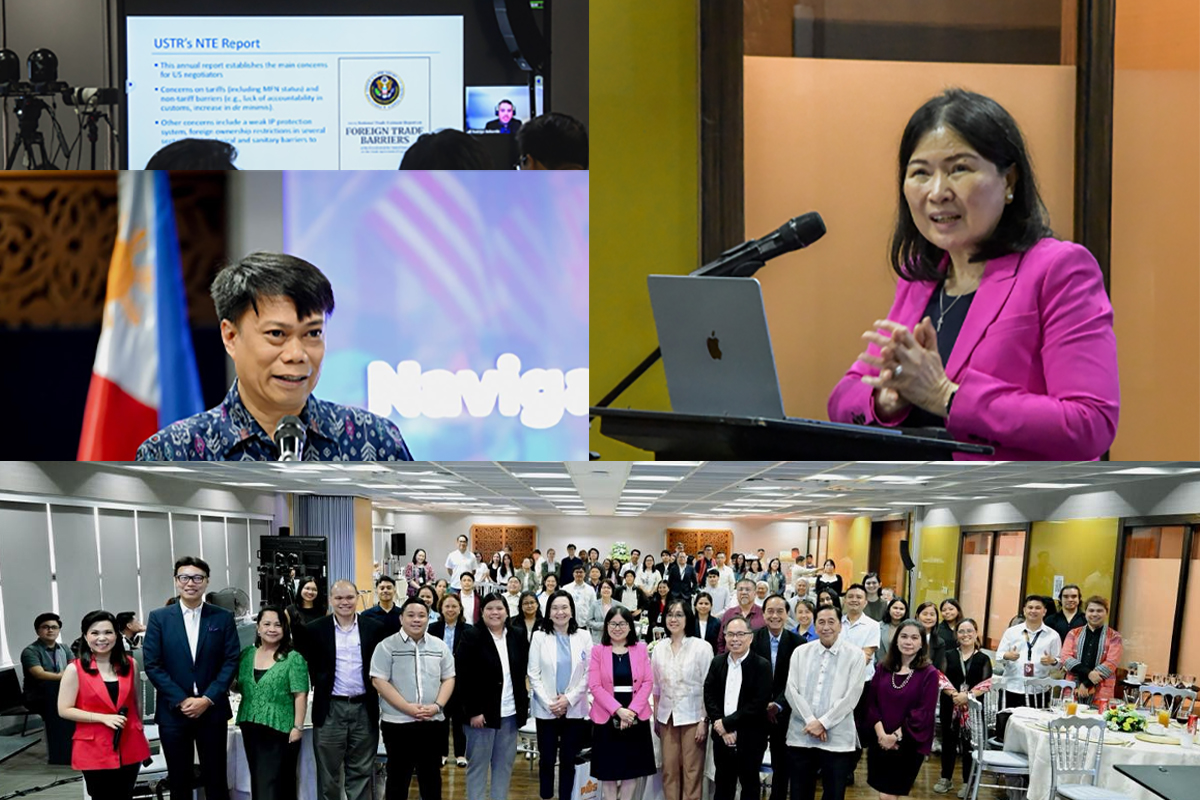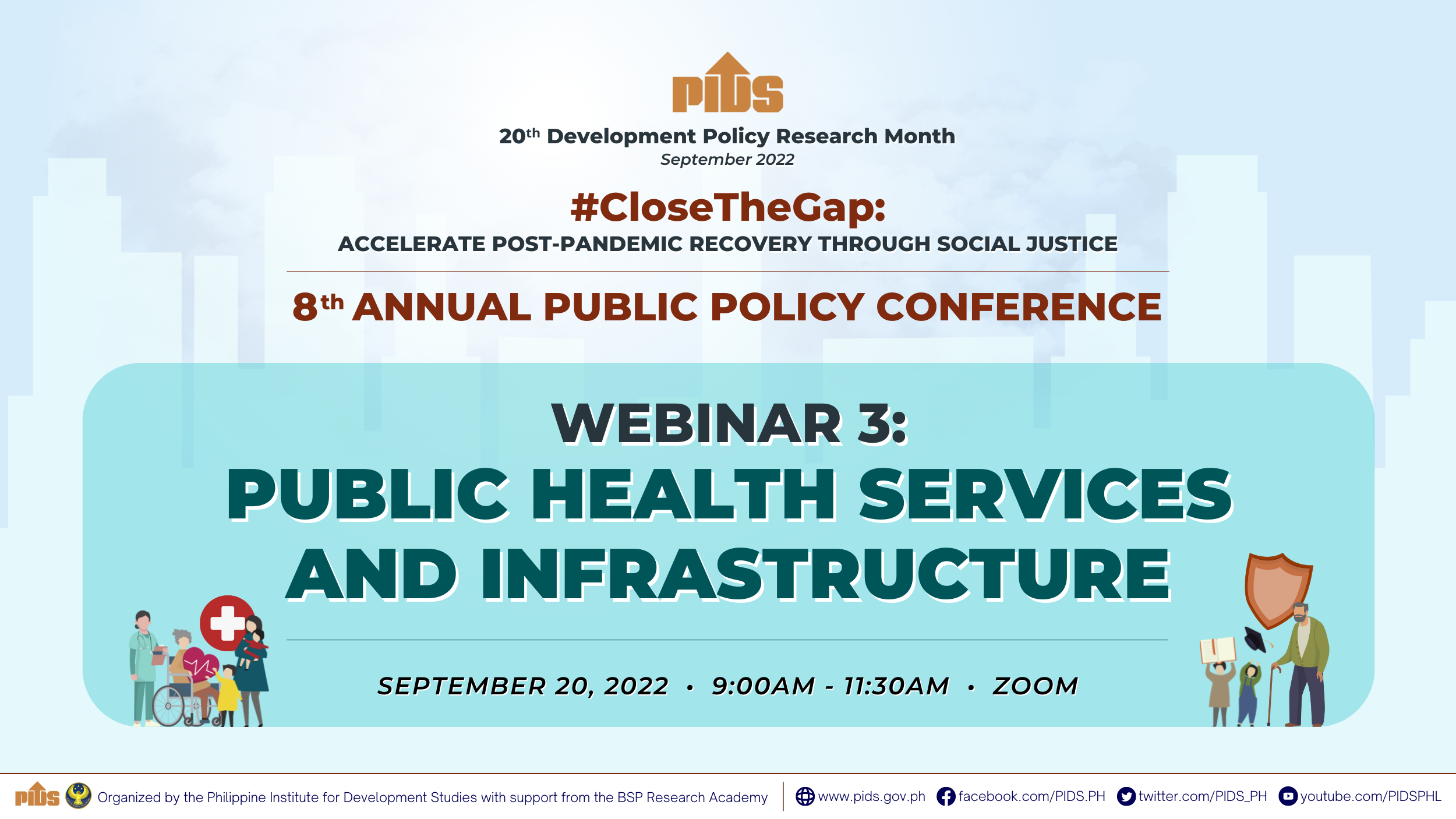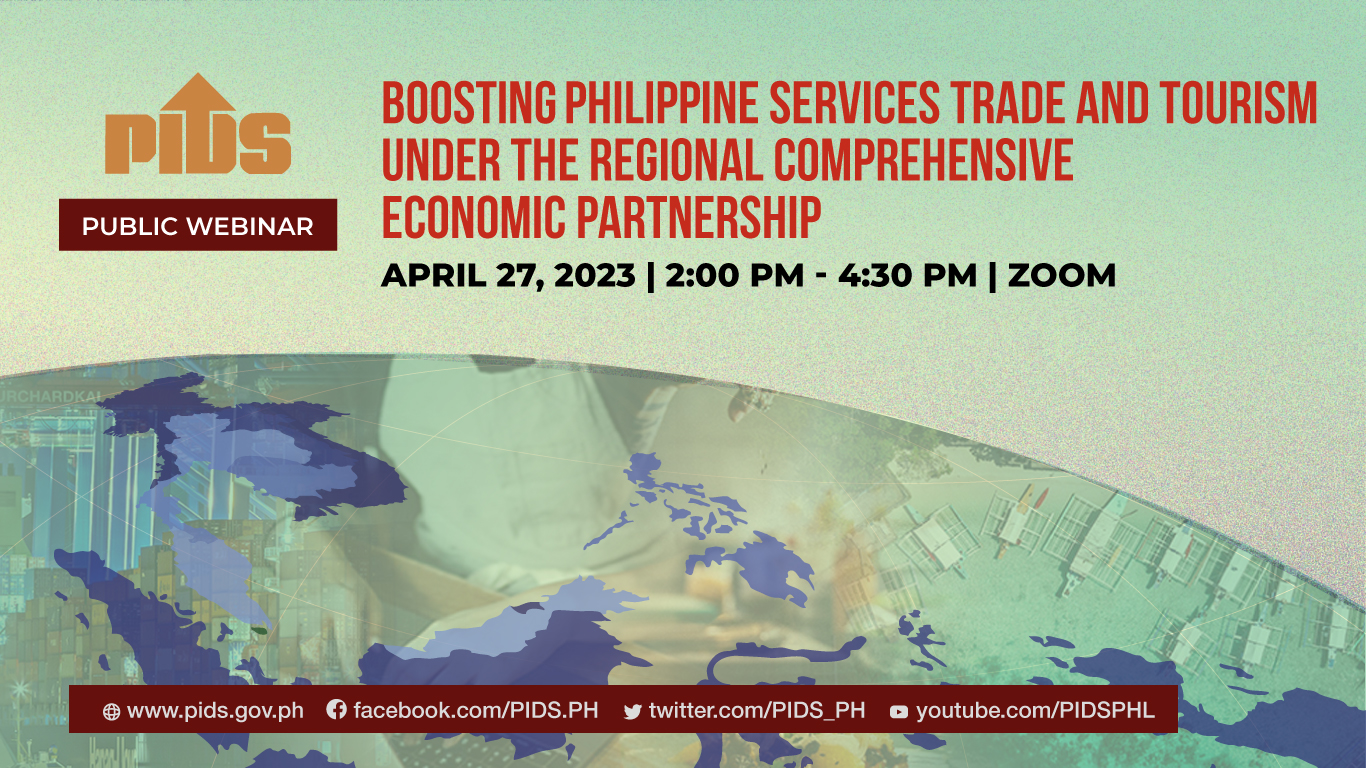One of the country’s major electronics exporters, Ayala-led Integrated Microelectronics Inc. (IMI) said the Philippines should have a very strong strategy in joining the Regional Economic Comprehensive Partnership (RCEP), while a government expert noted the possibility of the country may have to liberalize further its services sector under the deal following the passage of key economic l reforms.
“My concern is that in the past when we opened (the economy through free trade agreements), we did not arm ourselves compared to competitors which had a lot more bullets,” said Arthur Tan, president and chief executive officer of IMI.
“Is RCEP important and should we be part of it? My answer is yes. But I don’t think we should be part of it just to be able to play, but we should have a very strong strategy of how we’re going to lead in that market,” Tan said in a forum hosted by the Management Association of the Philippines.
The Philippines has yet to join RCEP which took effect January 1, pending the ratification by the Senate of the country’s accession.
Tan said the country should be independently vertically integrated in terms of certain products and services, citing what happened during the pandemic when it could not even supply its own face masks.
Comparing the Philippines which has 2.4 percent in electronics export of RCEP countries and Thailand which has 2.5 percent, Tan said the latter has its own verticals especially in the automotive market which the Philippines does not have.
With RCEP, he said, it will be an open game.
“It’s a reset function globally. It’s something that the Philippines should really look at… the just-in-time perspective. The single source supplier concept is the one that’s actually saddling us right now on a global basis for the supply chain… I hope the Philippines would then look at it more of a strategic initiativeSo that we when the time comes in, it’s not a matter of ,” Tan added.
In the same forum, Ramonette Serafica, senior research fellow at the Philippine Institute of Development Studies said the country’s services commitments were based on the pre-liberalization policies, the passage of the Public Service Act, the Foreign Investment Act and the Retail Trade Liberalization.
“(This) means our commitments are quite conservative. We will have to renegotiate our commitments and it is likely that we will be asked to bind the more liberal regime,” Serafica added.
But she said the Philippines is competitive in certain sectors of services.
These are in digitally delivered services, specifically computer services and technical trade related and other business services due to the strong information technology-business process management industry.
“We are in a position to exploit the opportunity from the growth of services outsourcing, which according to experts, represents the new wave of globalization,” Serafica said.












